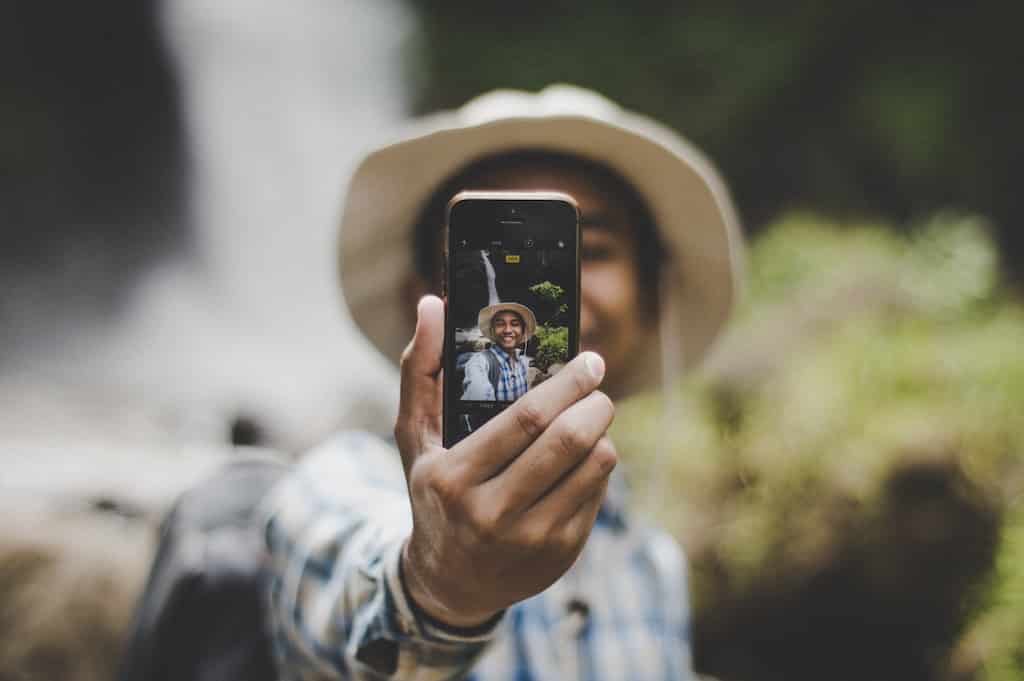
- 57% of students say being a social media influencer is not a legitimate job, but Democrats are more likely than Republicans to say it is (47% vs. 31%).
- More than three-quarters (76%) of students say influencer culture has a negative impact on people’s body image.
- Less than half (45%) of students are very confident that they can tell when an influencer was paid to promote a product.
Social media may have changed the way college students communicate, socialize, and shop, but the glamorous influencer lifestyle does not have most students dreaming of turning their accounts into a career.
A new survey of 1,500 undergraduates finds that a majority of students (80%) do not want to be a social media influencer. Almost 6 in 10 (57%) say being a social media influencer is not a legitimate job, though students’ views differ depending on their political leanings. Those who identify as Democrats are more likely than Republicans to say being an influencer is a real job (47% vs. 31%).
“If someone will pay you to do it, it’s a legitimate job,” a student from the University of Alabama in Huntsville says. However, other students don’t think influencers contribute to society and say they would rather “do real work.”
4 in 10 College Students Say “Influencer” Is a Real Job
Do you think being a social media influencer is a legitimate job?
YouTube is the most popular social media site among college students, as more than 8 in 10 (81%) report using it. But more Democrats tend to use social media than Republicans, particularly when it comes to Instagram (73% vs. 66%), Facebook (69% vs. 57%), and Twitter (56% vs. 44%).
With influencer culture on the rise, studies suggest that social media use is associated with body image and disordered eating. Almost 1 in 5 (17%) college students say they feel pressured to make their own social media posts look more like an influencer’s at least sometimes. Female students are more than twice as likely as male students (22% vs. 10%) to say they feel pressured to post photos that resemble an influencer’s.
More than three-quarters (76%) of students say influencer culture has a negative impact on people’s body image, while 16% say it has no impact on body image. Only 6% say it has a positive impact. Female students are also more likely than male students to say influencer culture has a negative impact (80% vs. 70%).
In 2017, the Federal Trade Commission formally reminded influencers and brands to clearly disclose their relationships “when promoting or endorsing products through social media.” And the United Kingdom has started instructing influencers how to clearly label posts they receive compensation for. Less than half (45%) of students are very confident that they can tell when an influencer was paid to promote a product, however. About 4 in 10 (43%) students are somewhat confident that they can tell the difference between paid posts and unpaid posts, while 6% are not very confident and 5% are not at all confident.
Less than Half of Students are Very Confident They Can Spot Influencer Ads
How confident are you that you can tell when an influencer was paid to promote a product?
To receive regular updates about this study, as well as other key college student insights, sign up here.
__________________________
Methodology: This survey was designed and conducted by College Pulse. Interviews were conducted among a sample of 1,500 full-time and part-time students attending four-year colleges or universities in the U.S. who are part of College Pulse’s American College Student Panel.




